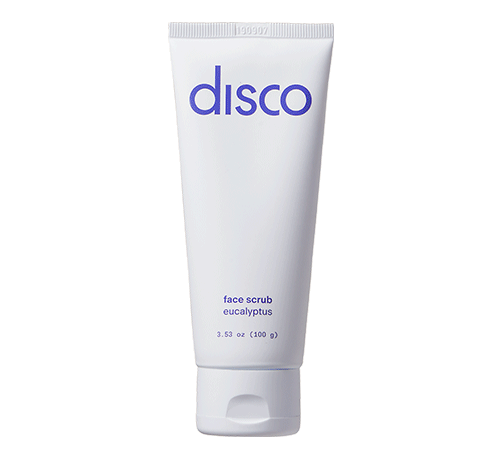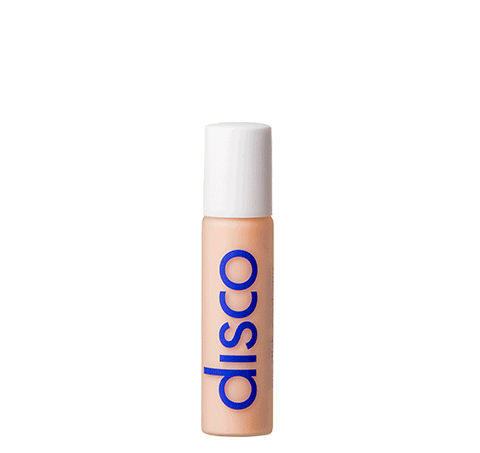If you’re looking to invest in skincare products or perhaps building a new routine, browsing the market has likely turned up a few high price tags. Are skincare products a waste of money? Let’s dive in, gents.
According to Fortune Business Insights, the global skincare market was estimated at $99.8 Billion in 2020 and is expected to grow to over $140 Billion by 2028. With so much capital in the skincare industry at large, one has to wonder what products are really worth the money, and what products are deceitfully marked up. There are several factors to consider when shopping for a skincare product, and you’ll want to know which products to not break the bank on, and which are worth the splurge.
Pricey Cleanser or Face Washes
Cleansing is the first of the three essential skincare steps (cleansing, moisturizing, and SPF). As it serves as a key foundation for a skincare regimen, you want to find the right one that’s adequately cleansing, clearing pores, and washing away bacteria, oil, and dirt.
You should always be wary of a highly-priced cleanser as this step doesn’t require fancy ingredients or costly components to get the job done. You can find excellent cleansers that match your skin type, wash away any makeup, sunscreen, and oil, and match an appealing drugstore price.
The Disco Face Cleanser Stick is an excellent option as all-natural ingredients like Coconut Oil, Charcoal, and Phytic Acid powerfully cleanse the face without stripping moisture. The Cleanser Stick gently exfoliates as well, clearing away dead skin cells to avoid clogged pores or blackheads.
Products with No Clinical Trials and/or Not Dermatologist-Backed
You should always be wary of a skincare product that has no proven clinical trials or is not dermatologist-backed.
With an enormous skincare industry, there are a lot of products to choose from. Most of these brands work with doctors and dermatologists to formulate their products to ensure quality, as well as ingredient safety on all skin types and tones. Better yet, search for products that are dermatologist-backed, and have clinical trials on their products. This ensures that what you’re using on your skin is proven to be effective, safe on even sensitive skin, and won’t cause an unwanted breakout or side effect.
Here at Disco, we work with Ivy-League dermatologist Dr. Eva Simmons-O’Brien as well as a team of cosmetic chemists to formulate our products, ensure premium quality, and source all-natural ingredients.
Pore-Clogging Ingredients
Other pricey skincare products to avoid would be products that include pore-clogging ingredients. These kinds of products will end up doing more harm than good for your skin. These ingredients are often added to products as “filler” ingredients or short-term fixes that end up with long-term consequences, like oil buildup, clogged pores, and blackheads.
Some pore-clogging ingredients to be wary of include:
- Lanolin (This ingredient may cause skin irritation and excessive dryness.)
- Carrageenan (This ingredient is found in cream-based moisturizers to promote the “creaminess” and thickening of the product, but can be severely heavy and clog pores.)
- Sodium Laureth Sulfate (Sulfates are commonly found in foaming, soap-based products like cleansers and body washes.)
- Palm Oil (A major pore-clogger as well as in-ethical to source due to the devastation of wildlife species where these palm oil plantations are located.)
- Wheat Germ (A non-comedogenic ingredient that can clog pores.)
So what ingredients are worth the higher price tag? If you’re looking for an anti-aging product to help with wrinkles, fine lines, and evening skin tone and texture, you’re better off spending more on products that include ingredients like Niacinamide, Vitamin C, Retinol, and Vitamin E.
Products with Added Fragrance
Added or artificial fragrance in skincare is, unfortunately, a common occurrence across the industry. Skincare brands may want to add a fragrance to their products to increase their appeal to consumers. However, the artificial fragrance is one of the leading causes of allergic contact dermatitis (ACD) which is a skin condition with symptoms that may look like skin irritation, redness, and inflammation. ACD leads to skin rashes that can be painful, and uncomfortable, and may need to be treated with prescription medications.
Instead, focus your attention on sourcing skincare products that use all-natural ingredients that are fragrance-free. These are your best if you struggle with sensitive skin.
Chemical Sunscreens with High SPF Ratings
Last but not least, the most overpriced skincare products tend to be chemical sunscreens with high SPF ratings (50+). You should avoid these high SPF sunscreen products not only because they are overpriced, but also because ratings higher than 50 are not going to do much better for your skin when it comes to sun and UV ray protection. For example, SPF 30 will block about 95% of UV rays from the skin. An SPF of 50 will block about 96%, and an SPF of 100 will block about 98%. So, increasing the SPF rating is not doing that much more for your skin in terms of protection, and these sunscreens often upsell with these high ratings with a high price tag.
Instead of using a chemical sunscreen that is commonly found in drugstores, opt for mineral-based sun protection. Mineral sunscreens are easier on the environment, and gentler on the skin. The Disco Mineral Sun Block uses Zinc Oxide to block UV rays and protect the skin from sun damage. It’s moisturizing and rebuilds dermal tissue too if you’re looking for a sunblock that gives you more bang for your buck.







